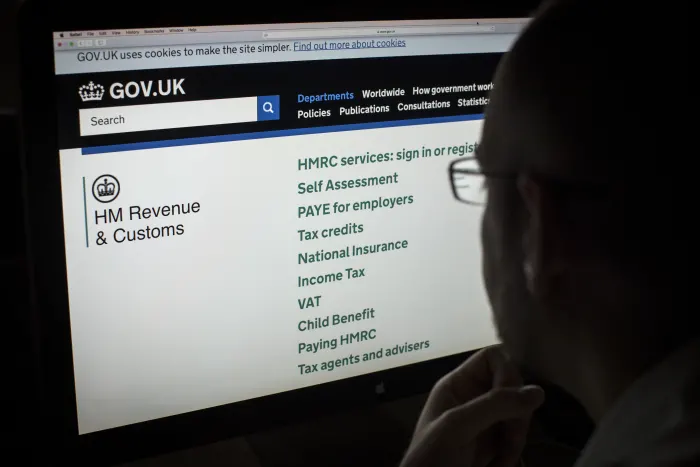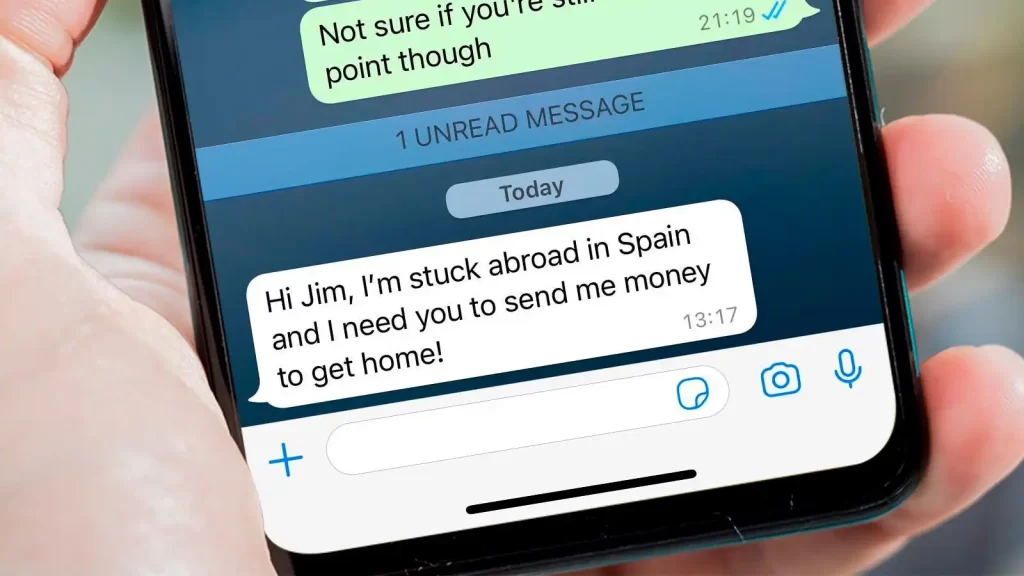HMRC is warning UK taxpayers to be wary of online scams as they prepare to submit their annual self-assessment tax returns. The deadline for paper returns is the end of October. Making it a busy time for the tax agency and an opportune moment for fraudsters to strike.
Types of tax return scams
Fraudsters have previously attempted to scam victims by sending messages claiming that they are due a tax rebate and that they must provide personal information to claim it. Others have reported being falsely accused of tax evasion and threatened with legal action and even imprisonment.
As fraudsters are aware that taxpayers are in contact with HMRC at this time of year, they are more likely to succeed with their online scams. This is why taxpayers must be extra vigilant when filing their self-assessment tax returns during this period. To protect against this threat, taxpayers should stay alert and be cautious while communicating with unknown individuals. Especially through email or text messages. It is also important to ensure that anti-virus software is installed on all devices to protect phishing attacks.
Extra vigilance required for first-time tax returners
For first-time tax returners, completing a self-assessment tax return can be overwhelming and confusing, making them more vulnerable to fraudsters. The fraudsters may take advantage of this situation and send messages that appear to be from HMRC. Offering to help with the tax return process or claiming to provide a tax rebate. They may also create bogus websites that closely resemble the official HMRC website to trick users into providing personal information. For these reasons, first-time tax returners need to be especially cautious when communicating with anyone claiming to be from HMRC. They must verify the authenticity of any message, email, or phone call before providing any personal or financial information.
HMRC responds to thousands of tax-related fraud incidents
HMRC has been alerted to over 180,000 instances of people receiving a suspicious text or email claiming to be from them in the year leading up to August 2022. This was a busy period for online scams targeting the tax agency, as they also responded to over 50,000 suspected phone scams and identified over 10,000 bogus websites. Approximately 50 phone numbers used to commit HMRC-related fraud were also shut down. The UK Government has launched a dedicated webpage that provides valuable tips and suggestions on how to deal with tax return fraud.
Protecting personal information to avoid tax scams
To prevent becoming a victim of fraud, taxpayers should take steps to protect their personal information. They should never give out their details or passwords to anyone, and they should not click on links or attachments within unsolicited emails or text messages. HMRC will never ask for information via text message or email. They will never threaten legal action or demand immediate payment either.
If you think you have been a victim of fraud, you should report it to Action Fraud, the UK’s national reporting centre for fraud and cybercrime. You should also contact your bank and any other relevant institutions as soon as possible to prevent further fraudulent activity.
Taxpayers who receive suspicious text messages or emails can forward them to the relevant authorities:
- Suspicious text messages can be forwarded to 60599.
- Suspicious emails can be reported to [email protected].
- Malicious phone calls can be reported through HMRC’s website.



